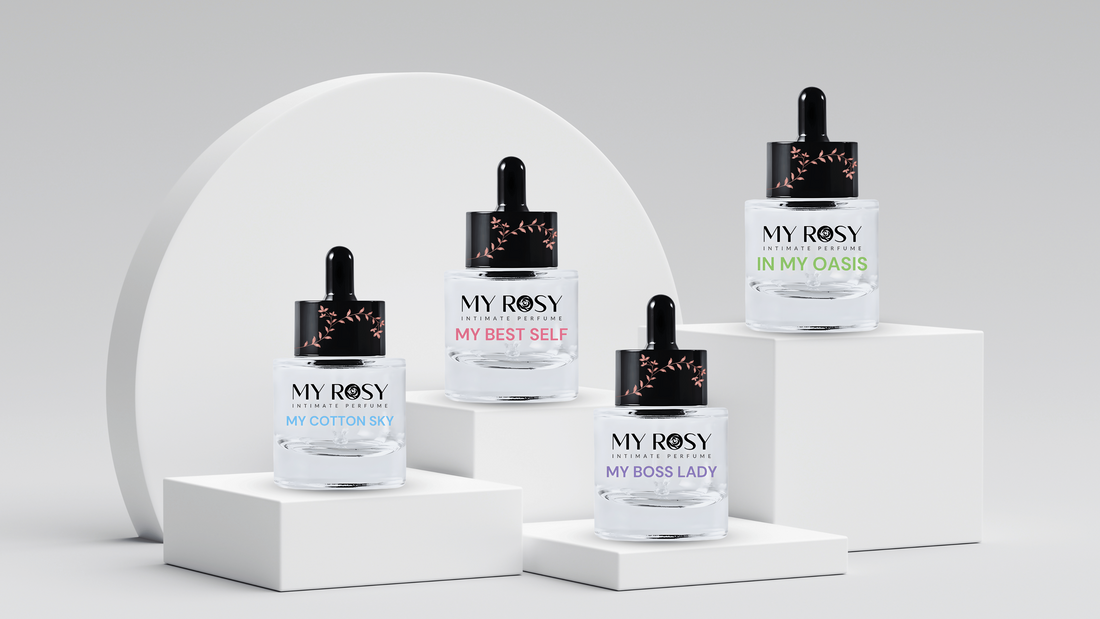
Understanding Alcohol in Cosmetics: What You Need to Know
Share
Alcohol is a common ingredient in many cosmetics, serving various functions, such as acting as an astringent or solvent. However, not all alcohols are the same, and some can cause harm to the skin. In this article, we explore the different types of alcohol in cosmetics, their impact on the skin, and how to choose alcohol-free skincare products.
Types of Alcohol in Cosmetics:
-
Denatured Alcohol
Denatured alcohol is often known for its potential to irritate and dry out the skin. While it provides a light texture and a refreshing feel, long-term use can weaken the skin’s protective barrier.
Examples include alcohol denat, benzyl alcohol, ethanol, ethyl alcohol, isopropyl alcohol, methanol, and SD alcohol.
-
Fatty Alcohol
Fatty alcohols, derived from natural sources like coconut or palm oil, are considered beneficial for skincare. These alcohols help to moisturize and protect the skin without causing irritation. Common fatty alcohols include cetearyl alcohol, cetyl alcohol, myristyl alcohol, stearyl alcohol, butylene glycol, propylene glycol and propanediol.
When products are labeled “alcohol-free,” it means they do not contain denatured alcohol but often include fatty alcohols. Knowing the difference is important for those looking to avoid the potential negative effects of alcohol on their skin.
Effects of Denatured Alcohol on the Skin:
-
Dryness:
Alcohol can remove moisture from the skin, leading to dryness and possibly worsening conditions like seborrheic dermatitis. -
Irritation:
People with sensitive skin may experience redness or irritation from alcohol-based products. -
Long-Term Effects:
Continuous use of alcohol-containing products can damage the skin barrier, causing further dryness and sensitivity. -
Increased Sensitivity:
Regular use of alcohol-based products can make the skin more sensitive over time. -
Delayed Skin Regeneration:
Excessive use of alcohol can slow down skin regeneration, reducing elasticity and increasing the risk of wrinkles.
While alcohol plays a role in many cosmetics, it’s essential to choose products based on your skin type. Adding moisturizers or protective ingredients can help reduce the drying effects of alcohol.
Understanding the impact of alcohol in cosmetics is crucial for maintaining healthy skin. By being aware of the types of alcohol used and considering alcohol-free alternatives, you can make informed decisions to protect and nourish your skin.
MyRosy Intimate Perfume is an alcohol-free fragrance that is gentle on your skin. It has been clinically tested and dermatologist-approved for use in your most sensitive areas, ensuring both safety and care.
